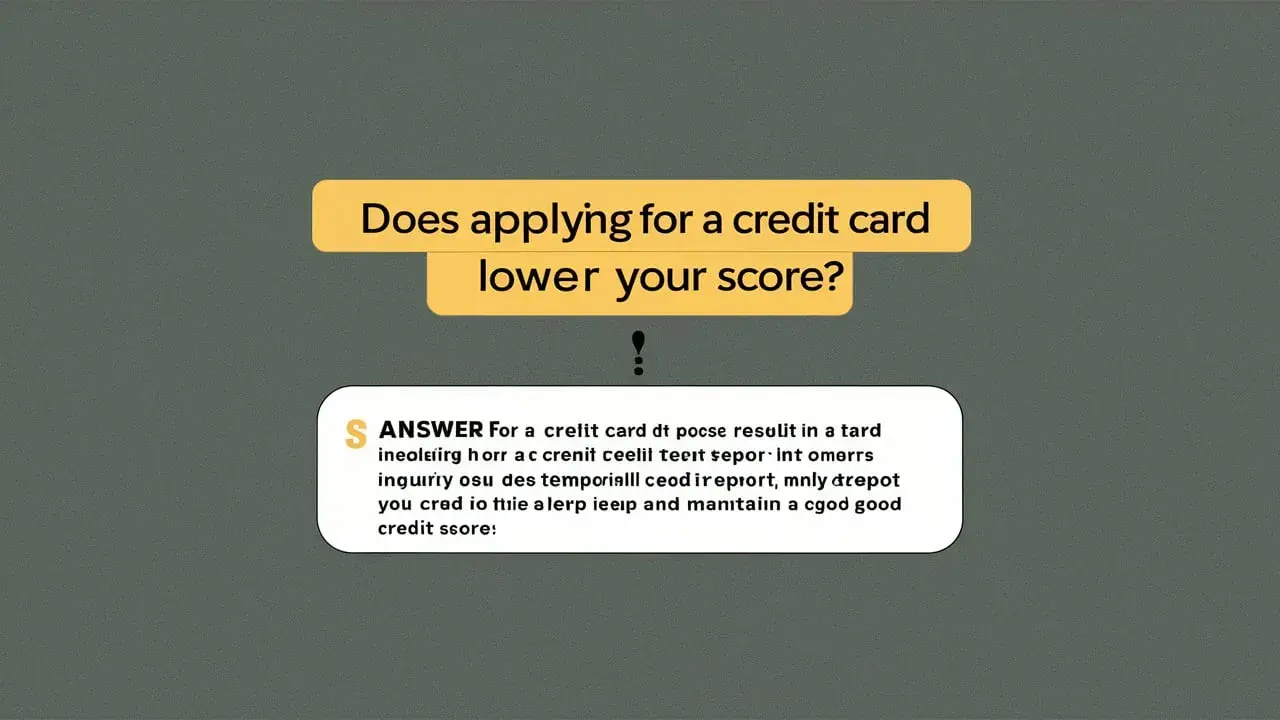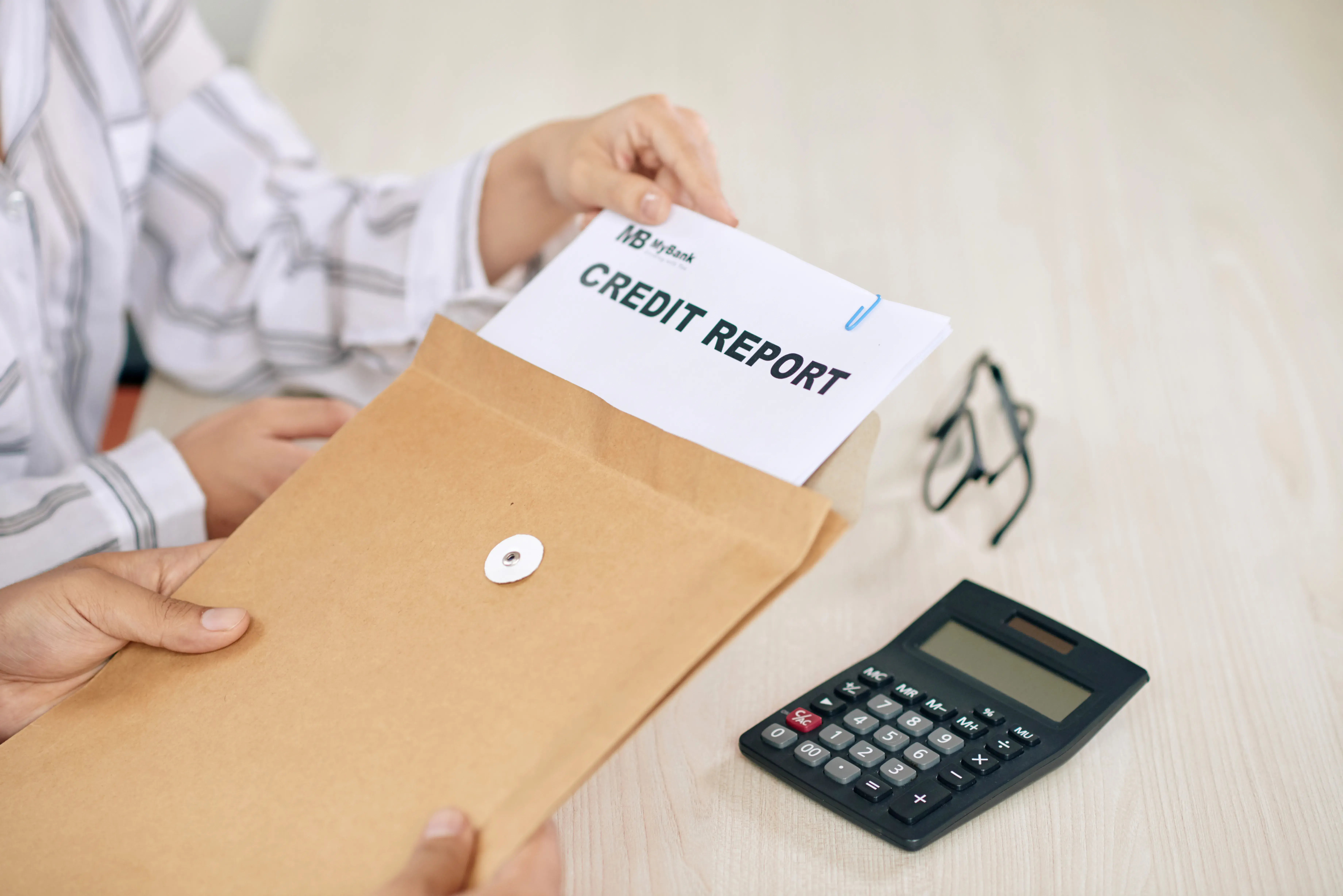-
Posted on: 09 Dec 2024

-
Maintaining a good credit score is very important for your financial health. It affects your chances of getting loans, renting a place, and even getting good interest rates. One big risk to your credit score is repossession. This happens when a lender takes back a car because the borrower does not stick to the terms of the car loan. Knowing how repossession can impact your credit score is essential for anyone who is financing a vehicle.
Understanding the Impact of Repossession on Your Credit Score
Having your car taken away can lower your credit score a lot. Lenders see repossession as a big problem in your credit history. They think it means you might not pay back money in the future. How much your score drops depends on your current score and how many payments you've missed.
Your credit score shows how reliable you are with money. A repossession shows you may have trouble managing debt. This can make it harder to get loans, find a place to rent, or even get some jobs. Lenders check credit scores to see if you can repay loans, and having a repossession in your history raises concerns.
The Immediate Effects of a Repo on Your Credit
Once a repossession happens, it shows up quickly on your credit report. Credit bureaus, which make credit reports, get details about the repossession from the lender. This includes late payments and the repossession itself. All of this adds to your credit history.
Moreover, the late payments before the repossession add to the harm done to your credit score. Each missed payment appears on your credit report. This shows a pattern of missed payments, which worries future lenders.
Because of these bad marks on your credit report, your credit score will likely drop. How much it drops depends on your starting score. People with higher scores will see a bigger dip than those who started with lower scores.
Long-Term Credit Score Damage from Repossession
The bad effects of repossession go beyond just what happens right away. Repossession stays on your credit report for up to seven years. This can keep hurting your credit score for a long time. Because of this negative mark, it can be hard to get new credit, rent an apartment, or even find some jobs.
Sometimes, a lender might sell the repossessed vehicle for less money than what you still owe on the car loan. The difference between the sale price and the amount you owe is called a deficiency balance. If the lender cannot get all the money back from the sale, you will have to pay the deficiency balance. Not paying this can lead to more collection actions and will badly hurt your credit score even more.
Although a repossession can have long-lasting effects, your credit score can be rebuilt. By following good financial habits, like paying on time and managing your debt well, you can slowly improve your credit score and lessen the effect of repossession.
How Repossessions Happen and Ways to Prevent Them
Repossession usually happens after you miss several payments on your car loan. If you fall behind, the lender can take back the car, sell it, and use the money to pay off your debt. While laws about repossession differ in each state, lenders often try to work with borrowers before resorting to this step.
To avoid hurting your credit score, it's important to understand how the repossession process works and take action early. If you think you will struggle with your payments, talk to your lender right away. This communication can help you negotiate a new payment plan or find other options, like voluntary surrender. This choice can be less harmful to your credit than having your car taken forcibly.
The Process of Car Repossession in the United States
The repossession process for car loans in the U.S. starts when a borrower defaults on their loan. This often happens after missing several payments. The steps in this process can be different from state to state. Typically, the lender sends reminders about the missed payments and warns of what could happen next.
If the borrower does not respond and continues to miss payments, the lender might hire a repossession agent. This agent is trained to find and recover the car. They might track the car’s location or wait near the borrower's home or work. It is allowed for the agent to tow the car from a public place.
There are rules on how repossession can happen. The repo agent cannot use physical force or threaten the borrower. They usually cannot enter private property, like a closed garage, without a court order. After the car is taken, it is often stored at a facility. The borrower may be able to get it back by paying the debt and any extra fees.
Effective Strategies to Avoid Vehicle Repossession
Preventing car repossession requires planning and quick action. By focusing on your car payments and knowing your options, you can protect your credit score and avoid the stress of losing your car. Here are some useful tips to lower the risk of repossession:
- Focus on Car Payments and Budget Smartly: Keeping a steady and timely payment history is very important. Make a budget to ensure you have enough money for your monthly car payments.
- Talk to your lender: If you have financial problems that make it hard to meet payment deadlines, reach out to your lender. Ask about options like delaying payments or changing the loan terms.
- Think About Voluntary Surrender: If you can’t handle your loan anymore, ask your lender about voluntary surrender. While it may hurt your credit, it can be better than having your car taken away without your choice.
Always remember, that communication and good financial planning are key to dealing with challenges and avoiding the tough effects of car repossession.
Steps to Mitigate the Damage of a Repo on Your Credit Score
Even if you have already lost something to repossession, you can still take steps to reduce its impact on your credit. The repossession will stay on your credit report for several years. However, showing that you can manage your finances well can help improve your credit score over time.
Start by checking your credit report closely. Make sure the information about the repossession is correct. If you find mistakes, dispute them with the credit bureaus right away. Then, focus on rebuilding your credit. Pay your bills on time, lower your debt, and do not open new credit accounts unless you have to.
Negotiating with Lenders After Repossession
Even after a repossession, you might find ways to talk to your lender. This could help reduce the negative effect on your credit. When you reach out and show that you want to fix things, your lender may find a solution that works for both of you. Many lenders are willing to help borrowers get back what they can.
Think about making a new payment plan that fits your current money situation. If the original loan terms caused you to fall behind, a revised plan could help. A plan with lower monthly payments or a short break from payments might help you catch up on what you owe. Be ready to share proof of your income and expenses to support your request.
Also, ask your lender about any debt relief options they may offer. Some lenders might agree to a debt settlement. This means you negotiate to pay a one-time amount that is less than what you owe. While this can harm your credit, it can also help you clear the debt and move on.
Rebuilding Your Credit Post-Repo: Practical Tips
Recovering from losing your property takes time, self-control, and a promise to manage your credit wisely. By following certain steps, you can slowly fix your credit and boost your financial situation.
- Get Your Free Credit Report: Start by asking for your free credit report from the three big credit bureaus: Experian, Equifax, and TransUnion. Check the reports to know your current credit status and find ways to improve it.
- Make Payments on Time: Your payment history is vital for your credit score. Make sure all payments for your debts are made on time and paid in full.
- Control Your Credit Card Balances: Try to keep your credit use, which shows the amount of credit you are using, below 30%. Paying off current balances and not using all your available credit can help your score.
If you keep using these methods, you will show lenders that you are responsible for credit. This will lead to a better credit profile over time.
Conclusion
In conclusion, repossession can greatly affect your credit score. It can have both immediate and long-term effects. It is important to understand how a repo can hurt your financial health. This knowledge can help you take steps to lessen the damage.
You can negotiate with lenders, rebuild your credit, and use smart ways to avoid repossession. These actions can help improve your credit standing. Remember, being informed and taking action is key to reducing the negative effects of repossession on your credit score.
If you need help understanding credit management after a repo, please ask for expert advice.
Struggling with bad credit? Dial (888) 803-7889 for expert credit repair assistance!










